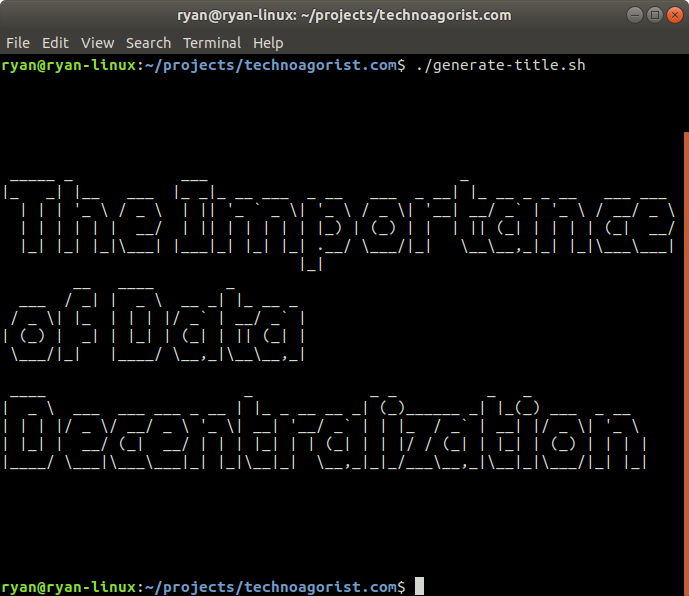
Episode 21 - The Importance of Data Decentralization
Privacy goes hand in hand with autonomy. One strategy for protecting your personal information online is to decentralize your data.
My name is Ryan, and I am an agorist. Today, we are talking about the importance of data decentralization.
Data security and privacy is an important topic, and for good reason. I spoke in a previous episode about privacy and the regulations that some people are pushing for to protect the data that we share online. If you listened to that episode, you will know that I am not at all for government regulation to try and protect our privacy.
But, then, what do we do? I mentioned some tools previously that can help you have more privacy online, but today I am not talking about a new tool but a strategy.
The tech companies out there make lots and lots of money off of data. It is surprisingly accurate to say that if you don't pay for a product, you are the product. It might even be more accurate to say that we are like farm animals to these companies. They do their best to lock us into their closed systems and then farm us for data.
I don't know about you, but I certainly do not want to give up my privacy for the sake of government OR business.
It is easy and convenient to be all Apple, or all Google, all Microsoft or all Amazon, but those come at a price. If you use an Apple phone, with an Apple computer, and the Apple browser in an Apple operating system which utilizes countless Apple services, you are centralizing your data. Apple has access to everything about who you are and what you do. Are you really comfortable with that? The same goes for Google, Microsoft, and all the rest. When you centralize your data with one company, you put your privacy at significant risk.
But, if you centralize your data, you actually risk more than just that one company knowing all about you. Some companies, like Google, sell that information. They mine you for data then exploit that personal information for their benefit and profit. But, even if companies don't sell your data directly, the greater risk is from government. If your data is centralized with one company, all it takes is one call or letter from the government and now the they have every detail about your life. When faced with government violence, there isn't any major tech company out there who won't share everything that they have on you.
One strategy for mitigating this is to decentralize your personal data online. Rather than use one company for everything, intentionally divide your data. Make sure that no one company has everything on you. If a company wants to sell your personal data, make sure that they only have a small piece of your life to exploit. If the government wants to learn everything about you, make them send dozens of letters and make them chase down your data from all across the web.
I am not perfect when it comes to data decentralization, but I do my best. I have two primary computers at home. One runs on Microsoft Windows and the other runs on Ubuntu, an open source Linux operating system. My phone is from Motorola and runs on Google's Android. When I browse the internet on mobile, I use the Brave Browser. When I browse from my laptops, I use Mozilla Firefox. If I want to listen to music, I use Amazon Music. If I want to interact with friends, I might get on Facebook. But, if I want to send them a message, I'll often use Discord instead. For my email, I use Zoho Mail, a powerful alternative to Google. For web searches, I use StartPage, which removes all personal information from your Google searches.
I could go on, but my point is that I use separate companies for the different hardware, software, and services that I use daily. I decentralize my data. It isn't tough to do, but you have to be intentional about it. You have to decide to not put all of your data in one basket.
As an agorist, I value my autonomy. And--in my opinion--privacy goes hand in hand with autonomy. Don't trust anybody. Assume that everyone is stealing your data and selling it or giving it to the government. Play offense, not defense with your personal data.
This is TechnoAgorist, episode 21.
